Bhagavad Gita: Beyond the Religions
This book Bhagavad Gita--Beyond the Religions, one of India's most celebrated classics of contemplation has some new features. First, instead of a dialogue, between Krishna and Arjuna, it actually is a trialouge of the self in communion with the other-self, with the Universal other, Brahman or all which is "in between", a phrase so aptly used by Martin Buber. Secondly, the yoga of the Gita is interpreted as dialectical procedure. The Gita dialectic not only clarifies the Upanishadic notions of the Absolute but also fundamentally contributes towards the synthesis of the great antinomic ways of dhyana, karma, bhakti and jnana. Whereas many classical commentators of the past interpreted the doctrines of the Gita as a moksa-sastra, neglecting its character as a Yoga-sastra or philosophy of dialectical procedure laying down the practical way of achieving emancipation through a synthesis of the various approaches to spiritual development and also to suit the various Darsanas or philosophical systems to which they belong. Thirdly, in this volume appropriate quotations from both ancient and modern sources of religion, East & West, have been included. These show that the Gita represents neither Hinduism nor a sect of Hinduism nor, again, an Eastern yoga, but a universal philosophical religion that crosses the boundaries of creed and civilization. Its synthetic and universal yoga achieving an integration of ontology, religion and ethics, is of profound significance for modern religious thought. This most ancient classic of contemplation has a patent relevance for the tired, anxious and disillusioned world of the present.
Get it now and save 10%
BECOME A MEMBER

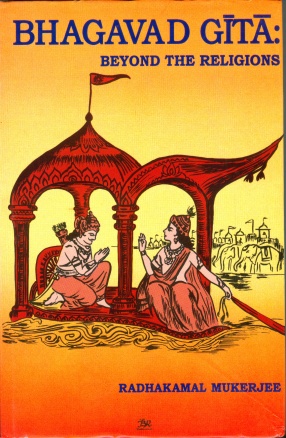
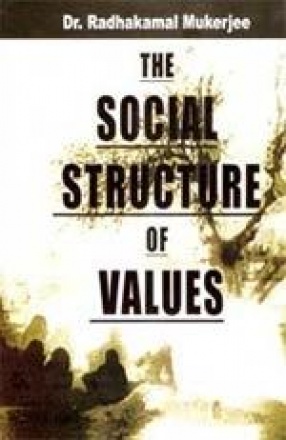
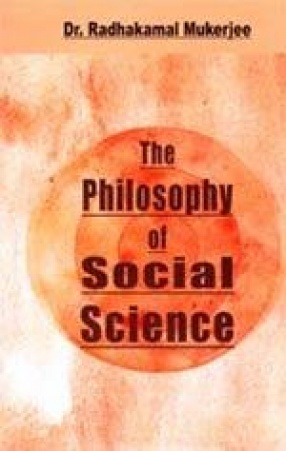
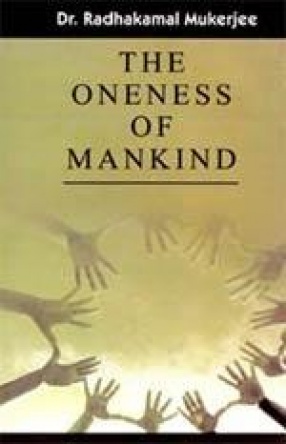
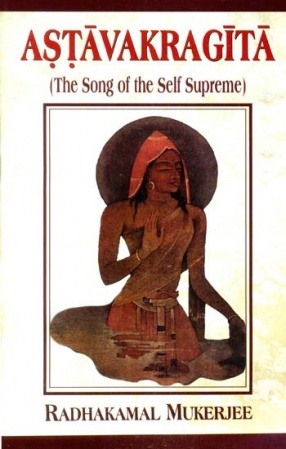
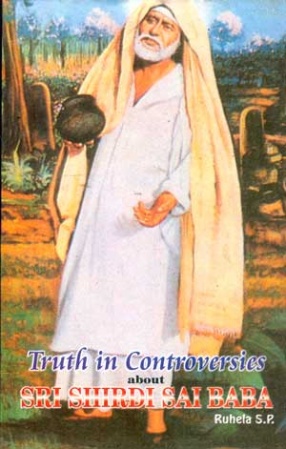

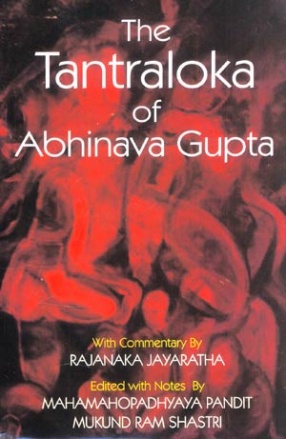


Bibliographic information